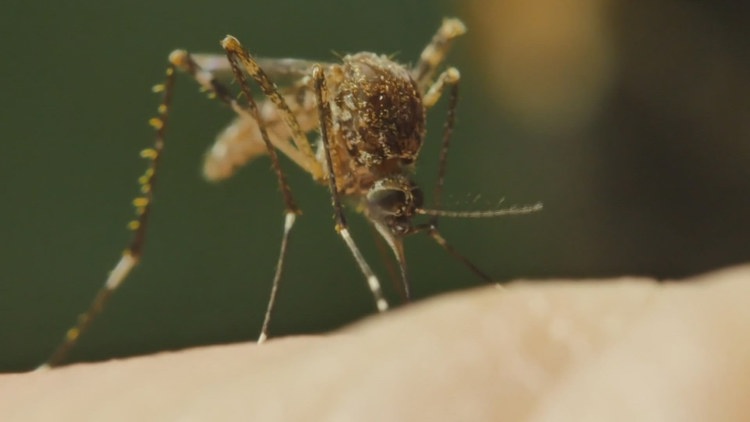The Battle Against Mosquitoes: ASU Research Shows Majority of Valley Mosquitoes Resistant to Insecticides

As mosquito season approaches, researchers at Arizona State University are uncovering alarming findings that a majority of a common mosquito species in the Valley is resistant to the main types of insecticides used for control.
“Mosquitoes may be a nuisance to many, buzzing around and causing irritation, but they are also the most dangerous animal in the world,” said Associate Professor Silvie Huijben, PhD, at ASU’s School of Life Sciences. The Centers for Disease Control and Prevention (CDC) refers to mosquitoes as “The World’s Deadliest Animal,” attributing over 700,000 global deaths annually to mosquito-borne diseases.
At the Huijben Lab at ASU, researchers are dedicated to finding effective methods of mosquito control. “Our goal is to understand how we can efficiently eliminate mosquitoes and prevent them from developing resistance to our current control measures,” Huijben explained.
Initial studies have revealed that 85% of Aedes aegypti mosquitoes, a species known to transmit Dengue fever, are resistant to fogging insecticides commonly used in Maricopa County.
Huijben emphasized the importance of translating lab findings to real-world scenarios, as factors such as age and health status can influence mosquito susceptibility. “Insecticide resistance is a significant issue, with some areas showing nearly 100% resistance,” she stated.
The research aims to identify key factors contributing to insecticide resistance evolution and develop effective solutions. “By adapting our chemical usage to minimize resistance development and integrating new, smarter chemicals into mosquito control practices, we can combat this threat effectively,” Huijben noted.
Stay Informed
Stay updated on the latest news and stories by subscribing to the 12News YouTube channel. Join us in the fight against mosquito-borne diseases!




